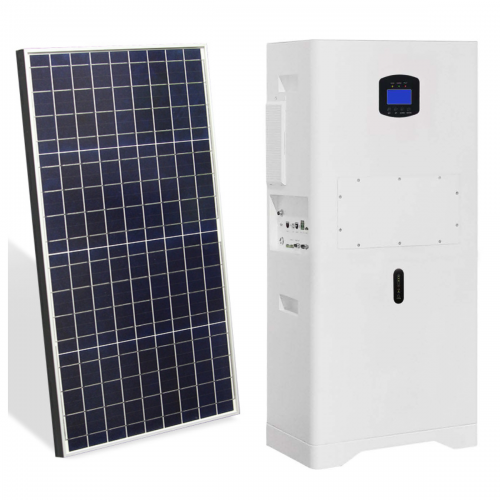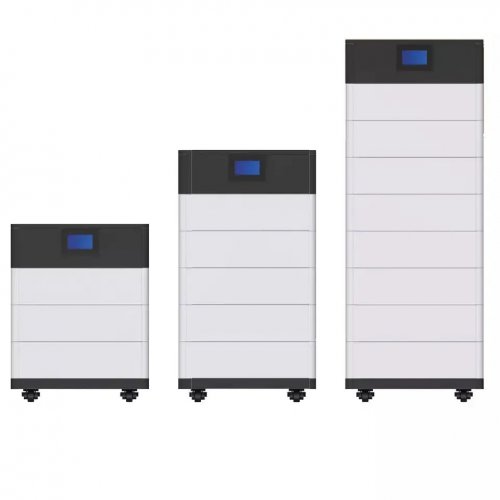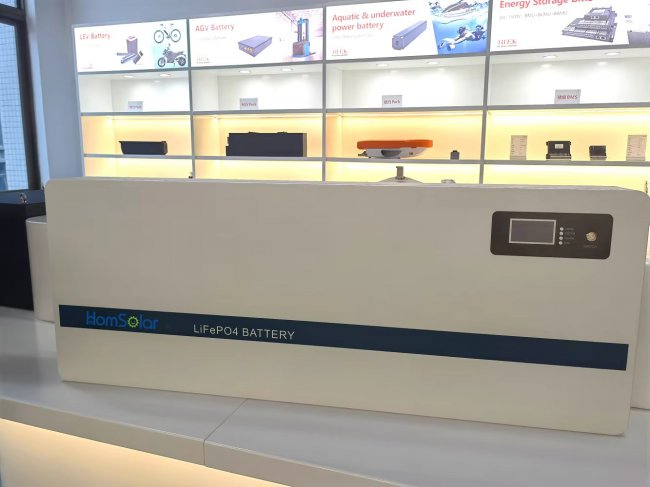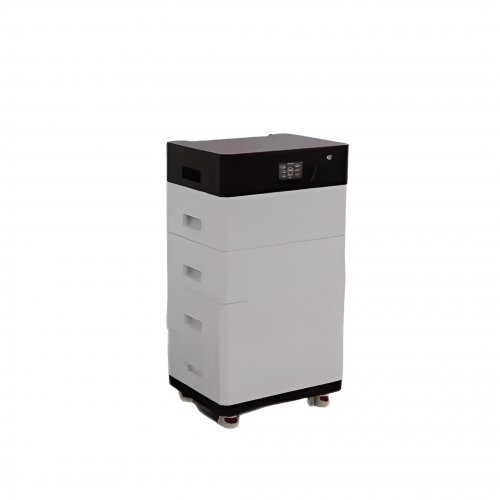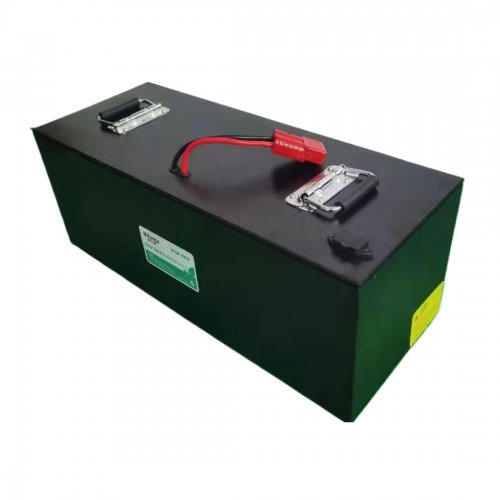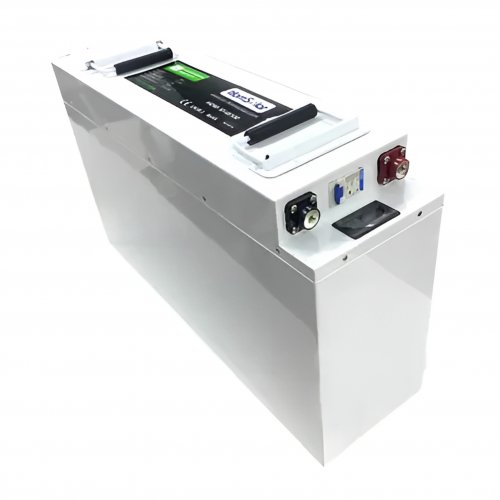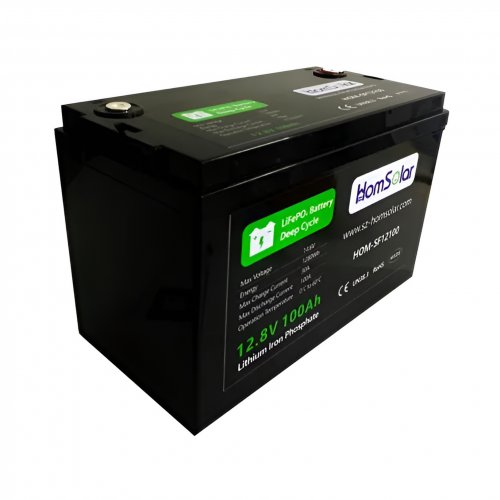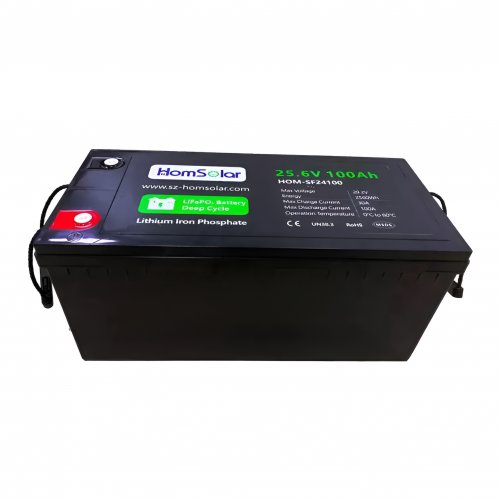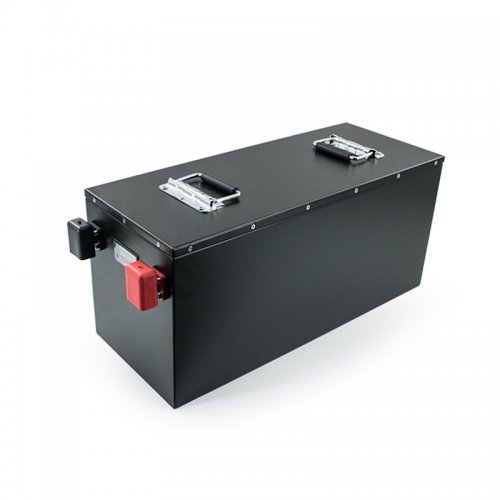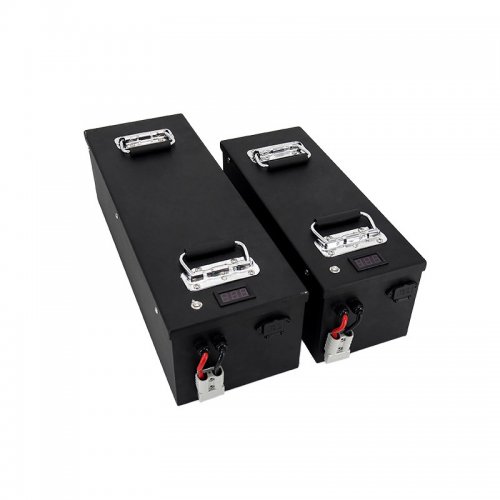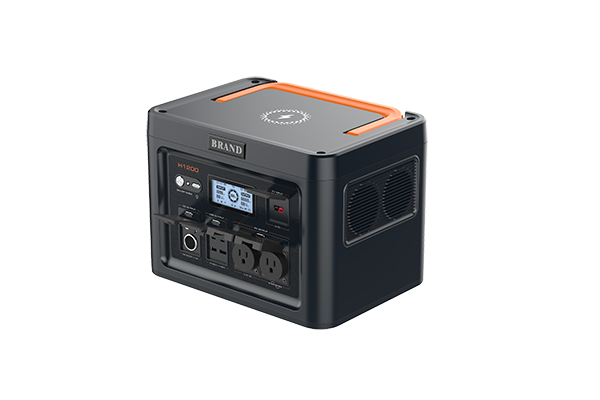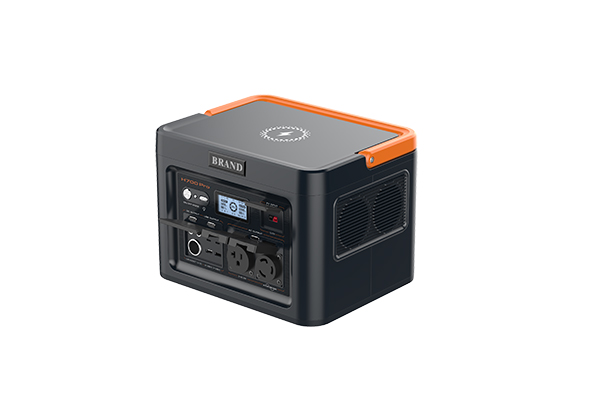Supply Chain Developments News: Resilience, Technology, And Sustainability Reshape Global Networks
The global supply chain landscape is undergoing a profound transformation, moving beyond the acute disruptions of recent years into a new era defined by strategic overhauls, technological integration, and a heightened focus on sustainability. Current industry developments reflect a sector that is not merely recovering but actively re-engineering itself for a more volatile and demanding future.
Latest Industry Dynamics: From Reactive to Proactive
A significant shift is underway from just-in-time (JIT) inventory models to a more resilient "just-in-case" approach. However, the latest evolution moves beyond simple stockpiling. Companies are now investing in strategic inventory optimization, holding buffer stocks for critical components while leveraging advanced analytics to determine the most efficient levels. This nuanced strategy aims to balance the cost of carrying inventory against the risk of stockouts.
Furthermore, nearshoring and friend-shoring have transitioned from theoretical concepts to concrete corporate strategies. Geopolitical tensions, trade policy uncertainties, and the stark exposure of over-reliance on single geographic regions have prompted multinationals to diversify their manufacturing and sourcing bases. Companies are establishing smaller-scale operations in closer proximity to key consumer markets, such as Eastern Europe for the EU and Mexico for the United States. This trend is not a full-scale exodus from Asia but rather a rebalancing towards regionalized supply networks for enhanced agility.
Concurrently, major logistics hubs are reporting a return to pre-pandemic capacity levels, with freight rates stabilizing. Yet, the underlying challenges have evolved. Labor disputes and contract negotiations at key ports, particularly in North America, have introduced new variables into planning. These developments underscore that while some acute pressures have eased, systemic vulnerabilities remain a central concern for logistics managers.
Trend Analysis: The Data-Driven and Automated Chain
The most powerful trend shaping supply chain development is the relentless march of digitalization. Artificial Intelligence (AI) and Machine Learning (ML) are moving from pilot programs to core operational pillars. These technologies are being deployed for predictive analytics, forecasting demand fluctuations with greater accuracy, and optimizing routing in real-time to avoid delays and reduce fuel consumption.
"The companies thriving today are those using AI not as a buzzword but as a foundational tool for visibility," says Dr. Evelyn Reed, a supply chain strategist at a leading research institute. "It's about moving from descriptive analytics—telling me what happened—to prescriptive analytics—telling me what I should do about it. This is a game-changer for proactive risk management."
Alongside AI, the expansion of Internet of Things (IoT) sensor technology is creating a digital twin of the physical supply chain. Sensors on containers, pallets, and individual products provide real-time data on location, temperature, humidity, and shocks. This granular visibility allows for unprecedented control over product integrity, especially for perishable goods and pharmaceuticals, and enables automated exception management.
Automation is another critical trend, extending from warehouses to transportation. Automated storage and retrieval systems (AS/RS), autonomous mobile robots (AMRs), and drone inventory checks are becoming standard in modern fulfillment centers. On the transportation front, while fully autonomous long-haul trucks are still on the horizon, assistive technologies like lane-keeping and platooning are already improving safety and efficiency on highways.
Expert Perspectives: The Human and Green Dimensions
Despite the focus on technology, experts unanimously agree that the human element remains irreplaceable. The demand for skilled professionals who can interpret data, manage complex software systems, and make strategic decisions is higher than ever. "Technology augments human capability; it doesn't replace it," notes Michael Sanderson, a logistics consultant with decades of industry experience. "We are upskilling our workforce to focus less on manual tasks and more on analysis, relationship management, and strategic problem-solving. The future supply chain manager is a tech-savvy orchestrator."
Sustainability has also cemented its position as a core operational imperative rather than a peripheral corporate social responsibility initiative. Regulatory pressures, such as the EU's Carbon Border Adjustment Mechanism (CBAM), and growing consumer demand for ethical sourcing are driving this shift. Companies are meticulously mapping their Scope 3 emissions—those generated throughout their value chain—and are making significant investments in green logistics.
This includes the adoption of alternative fuel vehicles, optimizing routes for carbon efficiency, and choosing partners based on their environmental credentials. "The conversation has moved from 'if' we should decarbonize the supply chain to 'how' and 'how quickly'," states Lena Vogel, a sustainability officer at a global shipping conglomerate. "Investments in sustainability are now directly linked to long-term competitiveness, risk mitigation, and compliance."
Looking Ahead
The overarching theme of current supply chain developments is the build-out of resilience through diversification, technology, and talent. The industry is maturing from a cost-center function into a strategic asset that directly impacts customer satisfaction, brand reputation, and financial performance. The modern supply chain is becoming a interconnected, intelligent, and increasingly sustainable ecosystem, designed to withstand future shocks while meeting the evolving demands of the global economy.
Customized/OEM/ODM Service
HomSolar Supports Lifepo4 battery pack customization/OEM/ODM service, welcome to contact us and tell us your needs.


HomSolar: Your One-stop LiFePO4 Battery Pack & ESS Solution Manufacturer
Our line of LiFePO4 (LFP) batteries offer a solution to demanding applications that require a lighter weight, longer life, and higher capacity battery. Features include advanced battery management systems (BMS), Bluetooth® communication and active intelligent monitoring.

Customised Lithium Iron Phosphate Battery Casing
ABS plastic housing, aluminium housing, stainless steel housing and iron housing are available, and can also be designed and customised according to your needs.

HomSolar Smart BMS
Intelligent Battery Management System for HomSolar Energy Storage System. Bluetooth, temperature sensor, LCD display, CAN interface, UART interface also available.


Terminals & Plugs Can Be Customized
A wide range of terminals and plugs can be customised to suit the application needs of your battery products.

Well-designed Solutions for Energy Storage Systems
We will design the perfect energy storage system solution according to your needs, so that you can easily solve the specific industry applications of battery products.



About Our Battery Cells
Our energy storage system products use brand new grade A LiFePO4 cells with a battery lifespan of more than 4,000 charge/discharge cycles.



Applications in Different Industries
We supply customized & OEM battery pack, assemble cells with wiring, fuse and plastic cover, all the cell wires connected to PCB plug or built BMS.
Applications: E-bike, Electric Scooter, Golf Carts, RV, Electric Wheelchair, Electric Tools, Robot Cleaner, Robot Sweeper, Solar Energy Storage System, Emergency Light, Solar Power Light, Medical Equipment, UPS Backup Power Supply.
We can provide you with customized services. We have the ability to provide a vertical supply chain, from single cells to pack/module and to a complete power solution with BMS, etc.


HomSolar (Shenzhen) Technology Co., Ltd







